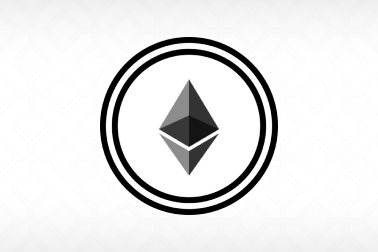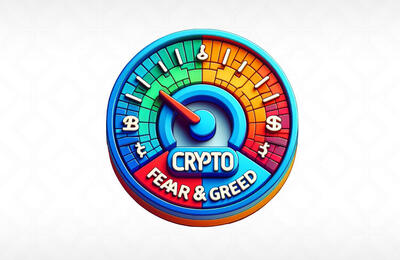
Over the years, many cryptocurrency projects have used presale events to announce their debut in the crypto market and raise funds from early adopters. To reward investor interest in an unknown project, the team behind the project sells the tokens at a discounted price before the general public gains access.
What is a Presale?
A presale is an event where a crypto project offers a limited amount of tokens to interested parties at a discount. This is one of three methods new crypto projects use to announce their market entrance and raise funds. The others include an initial coin offering (ICO) and a private sale. Unlike the others, a presale usually involves crypto project founders and people in their immediate communities instead of the general public.
Although presale events may not be as common as they once were, this fundraising method is still in use and has helped kickstart more than a few projects. In addition, presale announcements help investors determine which projects are the most promising based on factors like utility, project structure, and tokenomics. The following are two of the most popular presale events recorded in crypto history:

Ethereum (ETH)
The Ethereum presale of 2014 is one of the most noteworthy in all of crypto history. The presale lasted 42 days and saw a select group of investors gain early access to Ether tokens at a discounted rate. Popular participants include crypto conglomerate Digital Currency Group and venture capital investor Tim Draper.
The Ethereum team used a smart contract that automatically delivered tokens to participants’ wallets. Investors deposited one Bitcoin for 2,000 Ether and purchased 60 million Ether for 31,500 Bitcoin at the end of the event.
Via the presale, Ethereum developers generated funds for blockchain development and also created a thriving community of supporters whose numbers have significantly increased since then. Also, Ethereum’s success paved the way for many of the decentralized finance (DeFi) tools used today since most function using decentralized apps (dApps) built on the Ethereum network. According to a market research study, the DeFi market size and share revenue hit $11.96 billion in 2021 and is estimated to increase at a compound annual growth rate (CAGR) of about 42.6% from 2022 to 2030.
EOS
EOS launched a presale in June 2017 to raise funds for project development. The EOS presale is one of the longest in crypto history, lasting 350 days. The team released 2 million tokens every day and distributed them among participants based on investment aggregates. For instance, an investor who deposits 1 ETH may get all 2 million EOS tokens available on that day. However, the person may only get 100,000 tokens on a day when 20 people invested 1 ETH.
The EOS presale launched to several potential investors who quickly drove heavy sales. However, the momentum dropped as time passed, but picked up again as the event drew close. After 350 days, the team had raised $4 billion.
The EOS project helps developers to create dApps and related business applications. The open-source platform boasts high transaction speeds of up to 4,000 TPS (transactions per second) while supporting the secure transmission of data in compliance with regulatory requirements. In addition, EOS is highly programmable and easily understood by inexperienced developers looking to create or scale projects.
The Future of the Crypto Presales Market
The crypto market will likely see several more presales as developers create and launch projects. These fundraisers will continue to record high participation from interested investors who want early access to promising tokens and are drawn to their discounted prices. Presale events are also likely to attract investors who simply want to support innovative projects. However, before participating in a presale, investors are advised to thoroughly research the projects and ensure they trust the development team enough to risk making deposits.













